How to sleep well
We all feel better after a good night's sleep. But what if you struggle to doze off or stay asleep?
Many of us have difficultly sleeping, and not getting proper rest can have a major impact on our day-to-day lives. Things like food, exercise, alcohol and stress can impact how we sleep.
Our sleep tips below can help you wake up feeling refreshed and ready for the day.
Set up your bedroom
- Try to get good air flow through your bedroom, especially in hot weather. This will stop your room feeling stuffy, which can cause headaches.
- Make sure your bedroom is not too hot or too cold.
- Buy pillows that give you good support and aren't too high, as this can give you neck ache.
- Keep your room as dark as possible.
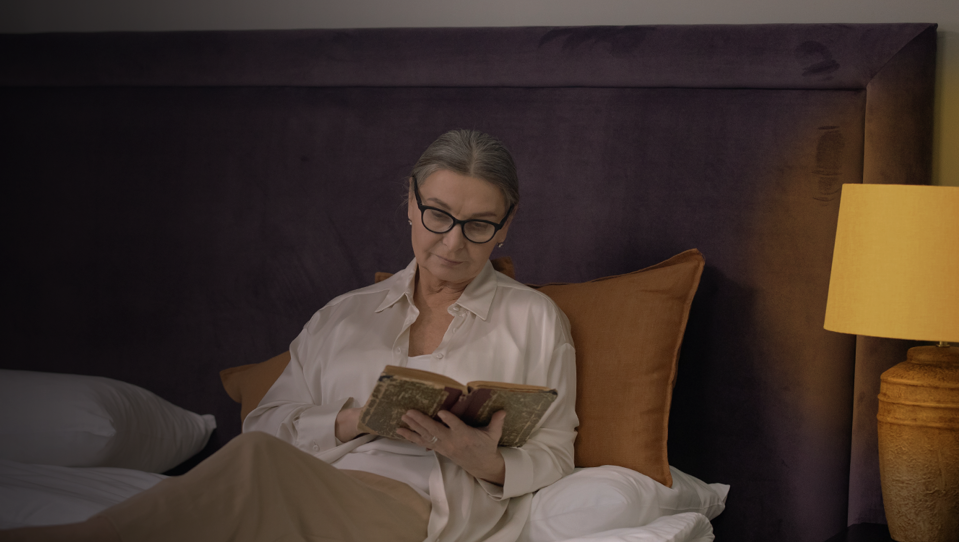
Reduce noise
- Try to limit the amount of noise in your house and bedroom late at night.
- Turn off TVs and radios, put your phone on silent mode, and ask others in your home to keep quiet when you're heading to bed.
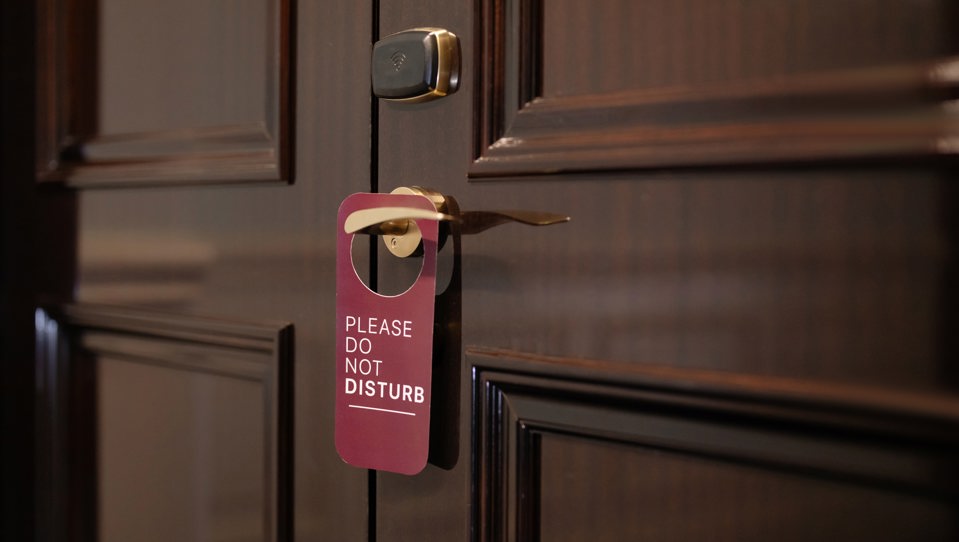
Exercise earlier in the day
- Exercise can help you to sleep better as it tires your body out. But exercising in the evening can leave you too energised to sleep properly.
- Try to do more vigorous exercise in the morning or afternoon. If you want to get moving in the evening, a short, brisk walk is a good way to burn off some energy without making you too alert to sleep.

Don't eat or drink too late
- Your body has to work to digest food, which can disrupt your sleep if you're eating late at night. Try to have your last meal at least two hours before going to bed.
- Don't drink any liquids two hours before going to bed, to avoid waking up to go to the loo.
- Caffeine is a stimulant that can affect your sleep. Reduce your caffeine intake and avoid caffeinated drinks in the evening.

Cut down on alcohol and cigarettes
- Alcohol affects the quality of your sleep. Reduce how much booze you drink, and stop altogether if you can.
- The nicotine in cigarettes is a stimulant that keeps you feeling alert. Try not to smoke for at least 90 minutes before you go to bed.
- If you want to stop smoking, follow the NHS link below for advice on how to quit.
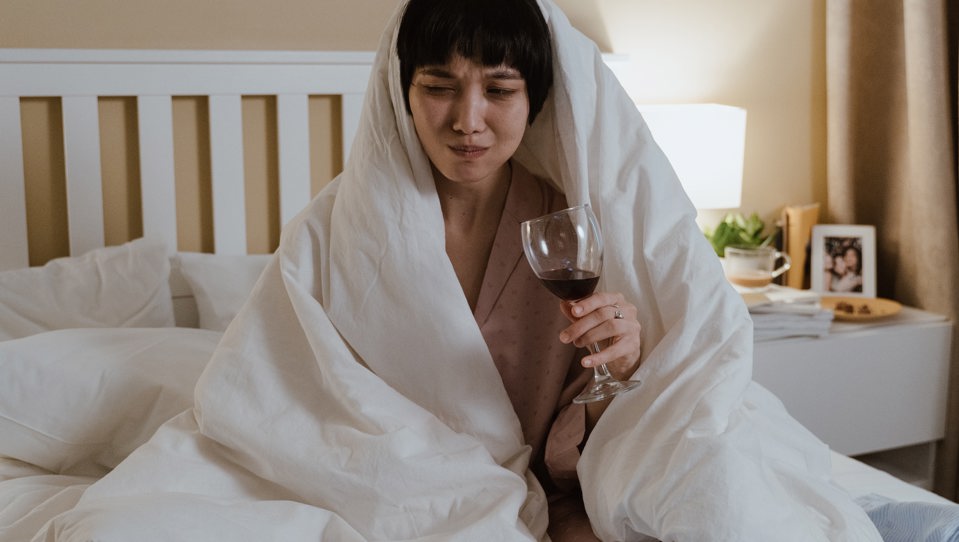
Try to control stress
- If your mind starts racing with worry as soon as your head hits the pillow, try to set aside some time in the early evening to reflect on what's bothering you.
- Write down any concerns you have, or things you need to do the next day. This helps to relieve your mind of stresses and ensures you won't forget anything important.
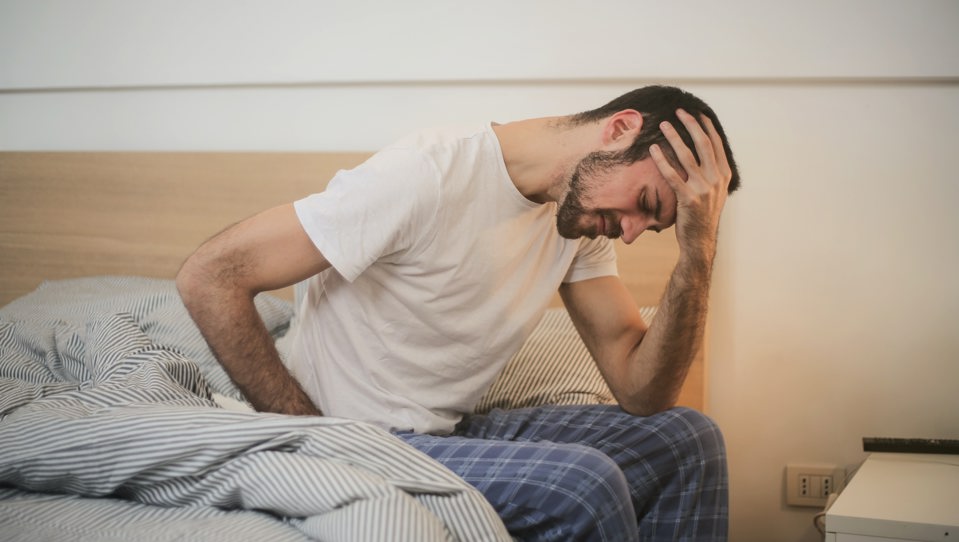
Resolve conflict before bed
- Try not to go to bed on an argument. If you have a disagreement with a loved one, do your best to make up before you hit the hay, so you're not fretting about it overnight.
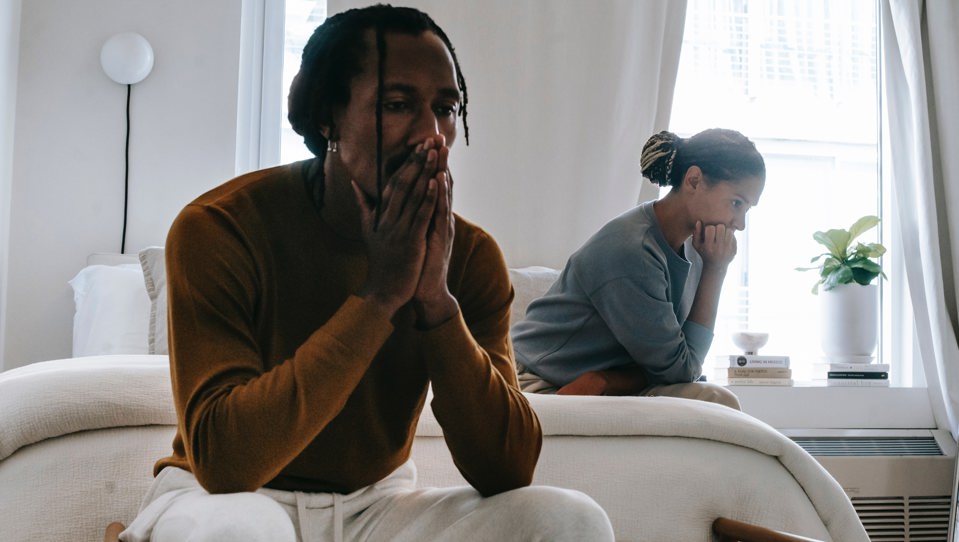
Always ask if you’re unsure of something
There’s no such thing as a silly question. If you are a Blind Veterans UK beneficiary and need more information, call our helpline on 0300 111 22 33.
If you are not yet a Blind Veterans UK beneficiary, you can find more information in our urgent help section.
You can also get advice about sight loss from the RNIB. Contact the RNIB helpline on 0303 123 9999, email them or say ‘Alexa, call RNIB helpline’ to an Alexa-enabled device.

Highlighted content
Hobbies with low vision: gardening
30 Jan 2024
Gardening is one of the best hobbies for someone with sight loss as it can be as simple or as complex as you like.

Hobbies with low vision: fishing
16 Jan 2024
Fishing is the UK's most popular participation sport - and there’s no need to give it up when you lose your sight.

Safeguarding: Keeping people with sight loss safe from abuse
14 Nov 2023
The most common forms of abuse and what to look out for.
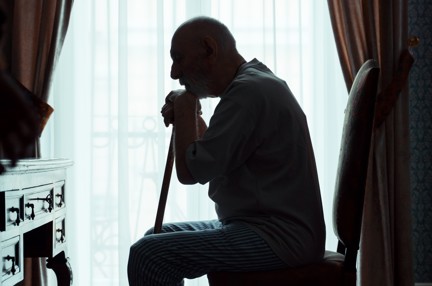
Sign up for email updates
We would love to send you updates about our work and how you can support us.
You can change your contact preferences at any time by calling us on 0300 111 2233 or emailing us. See our privacy policy for more details.